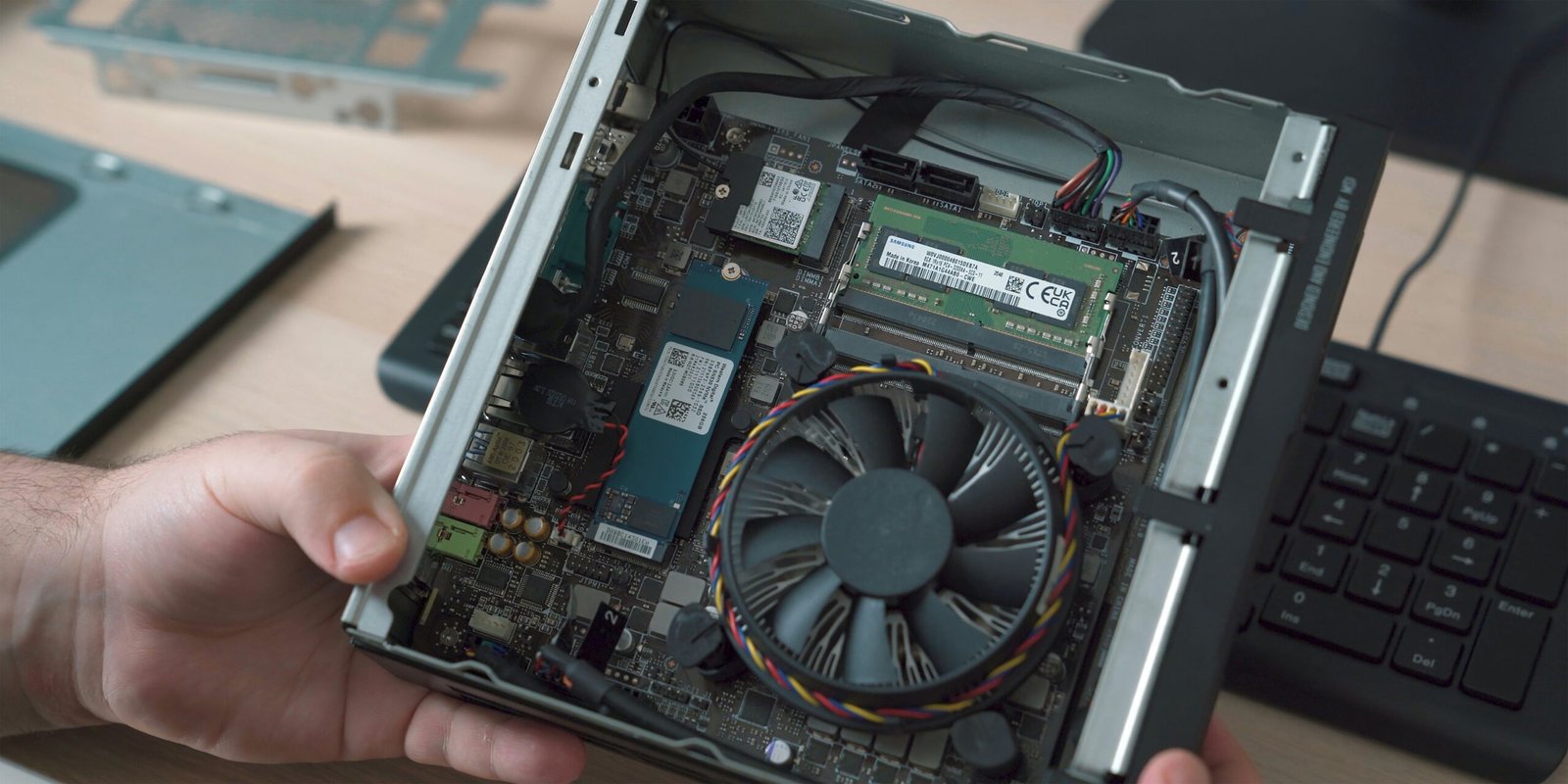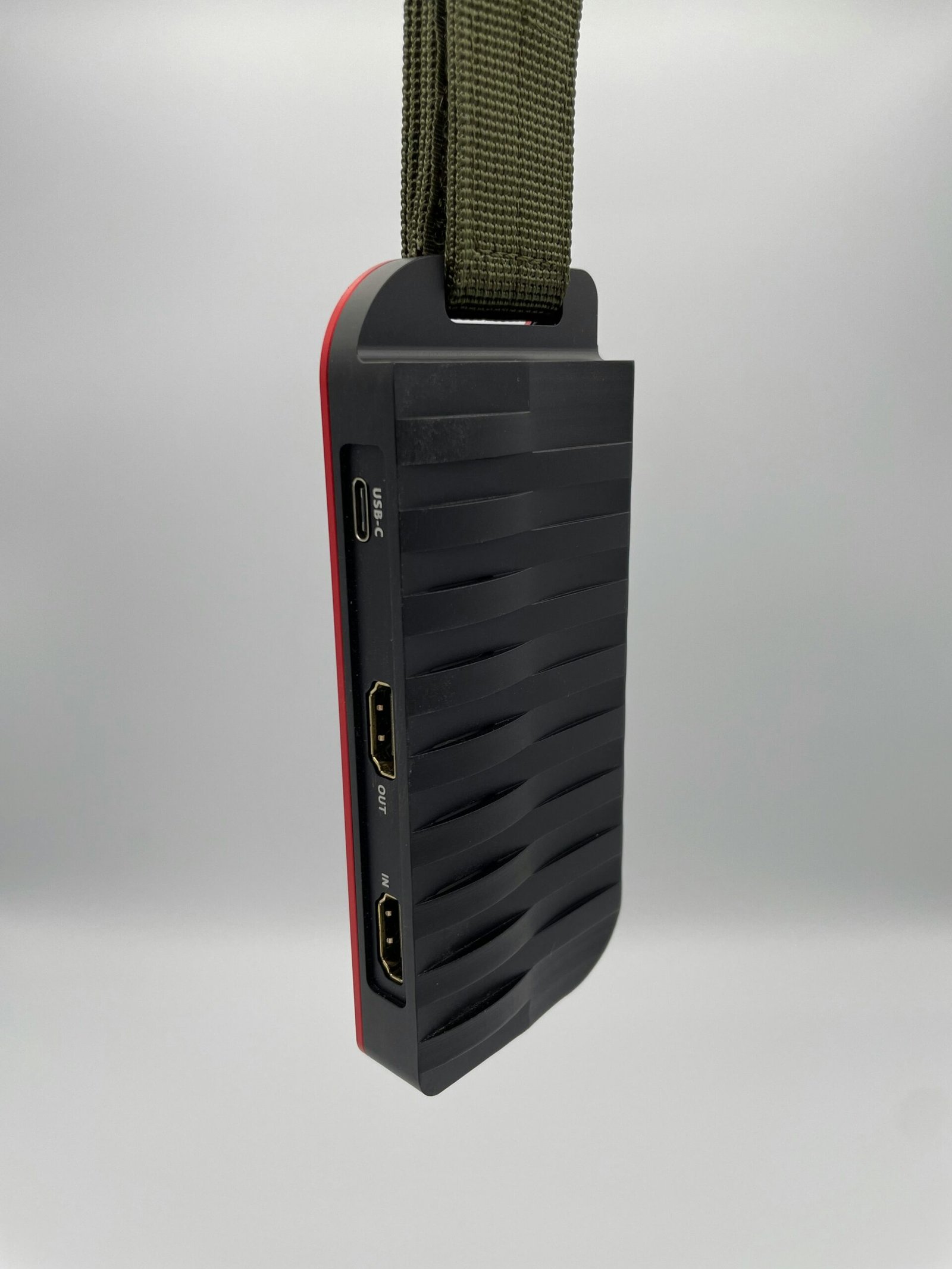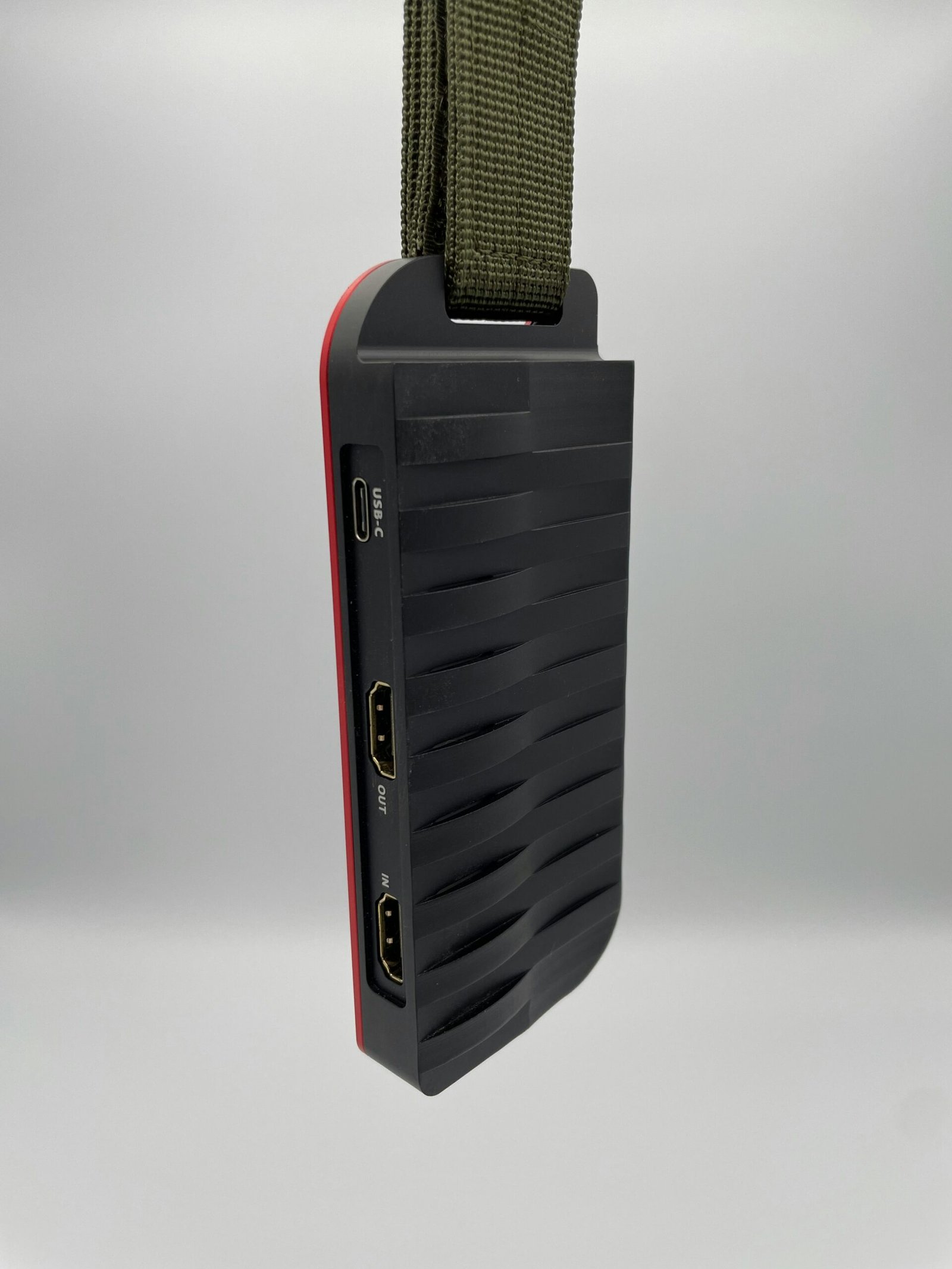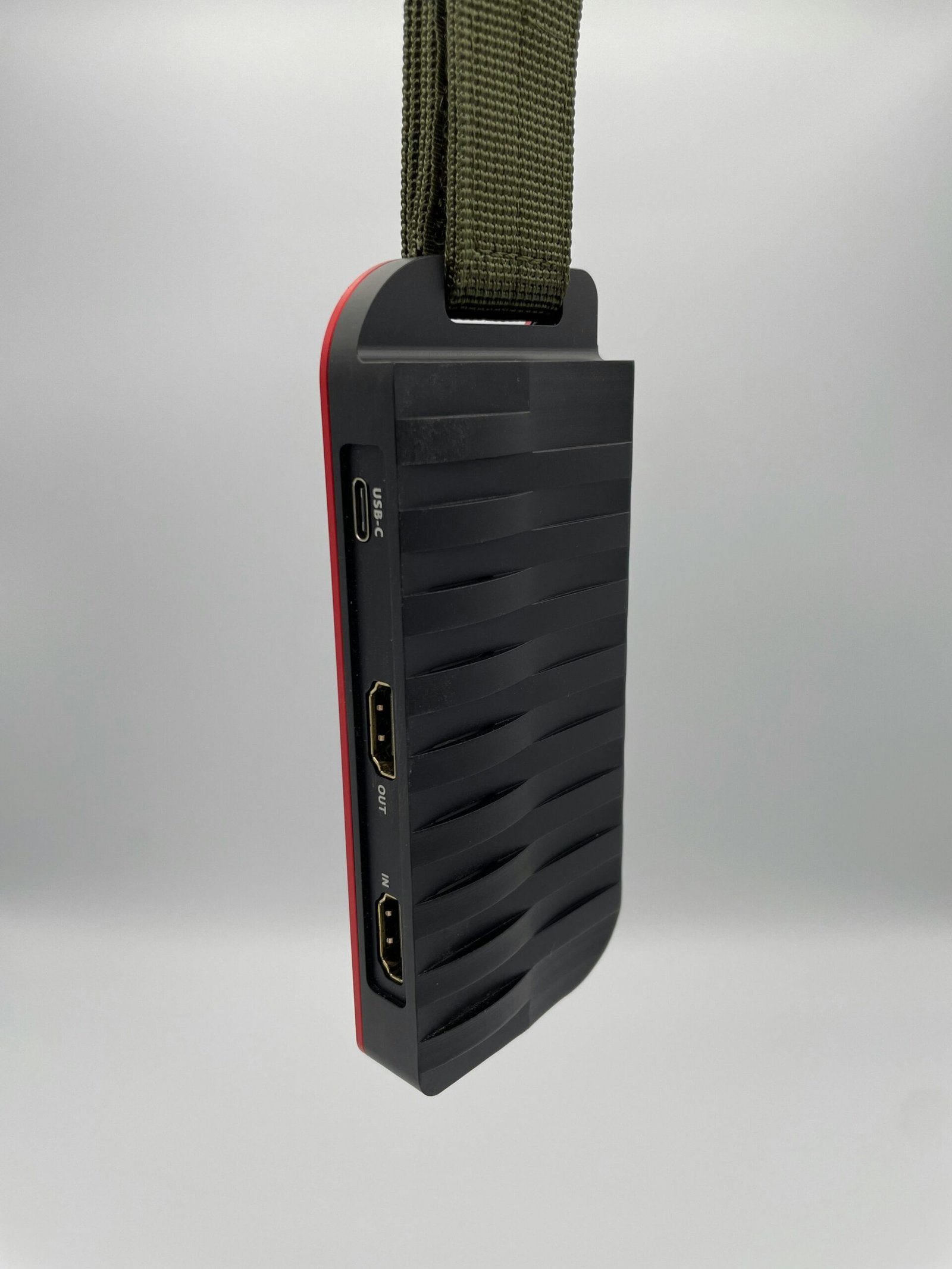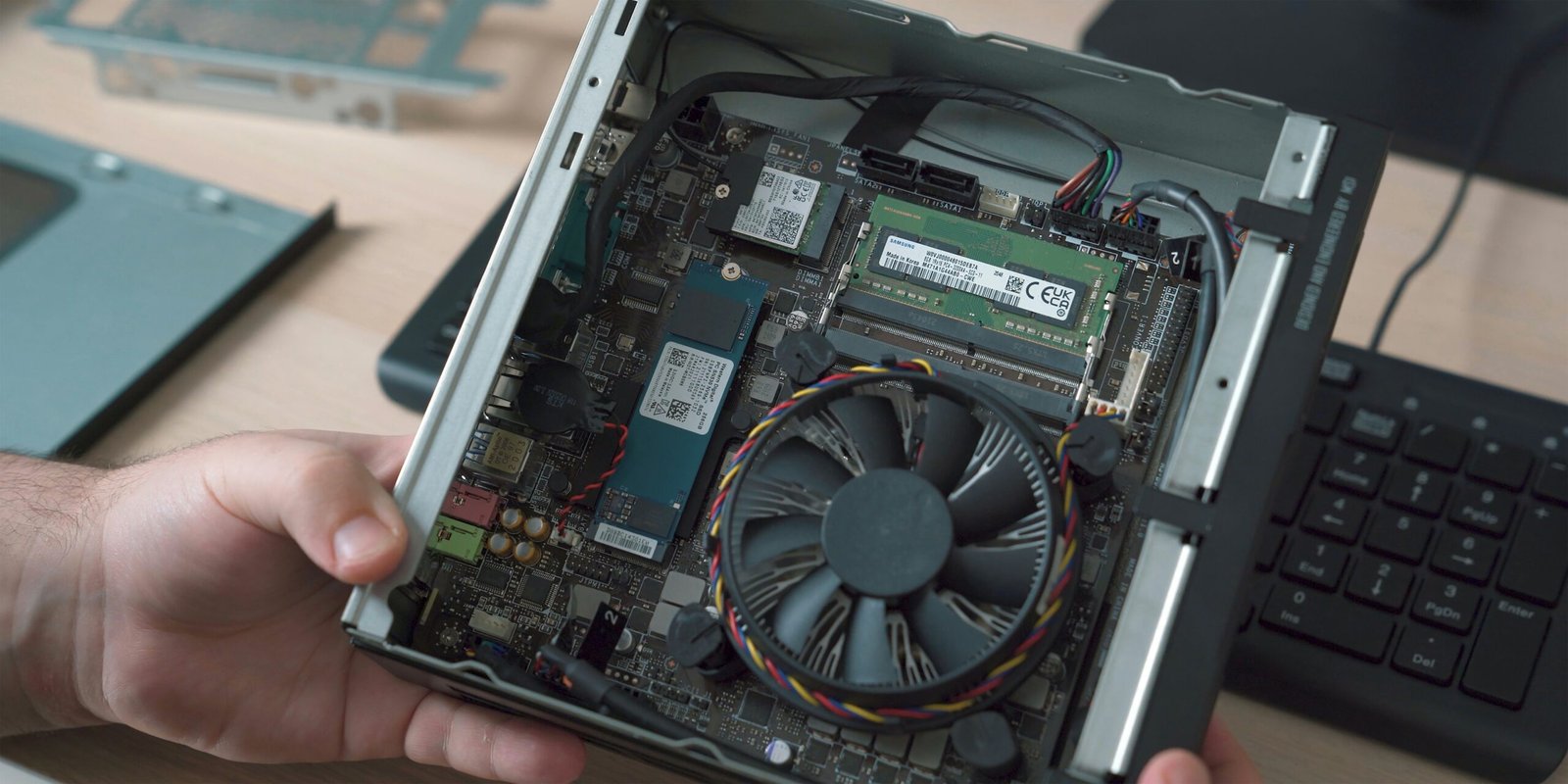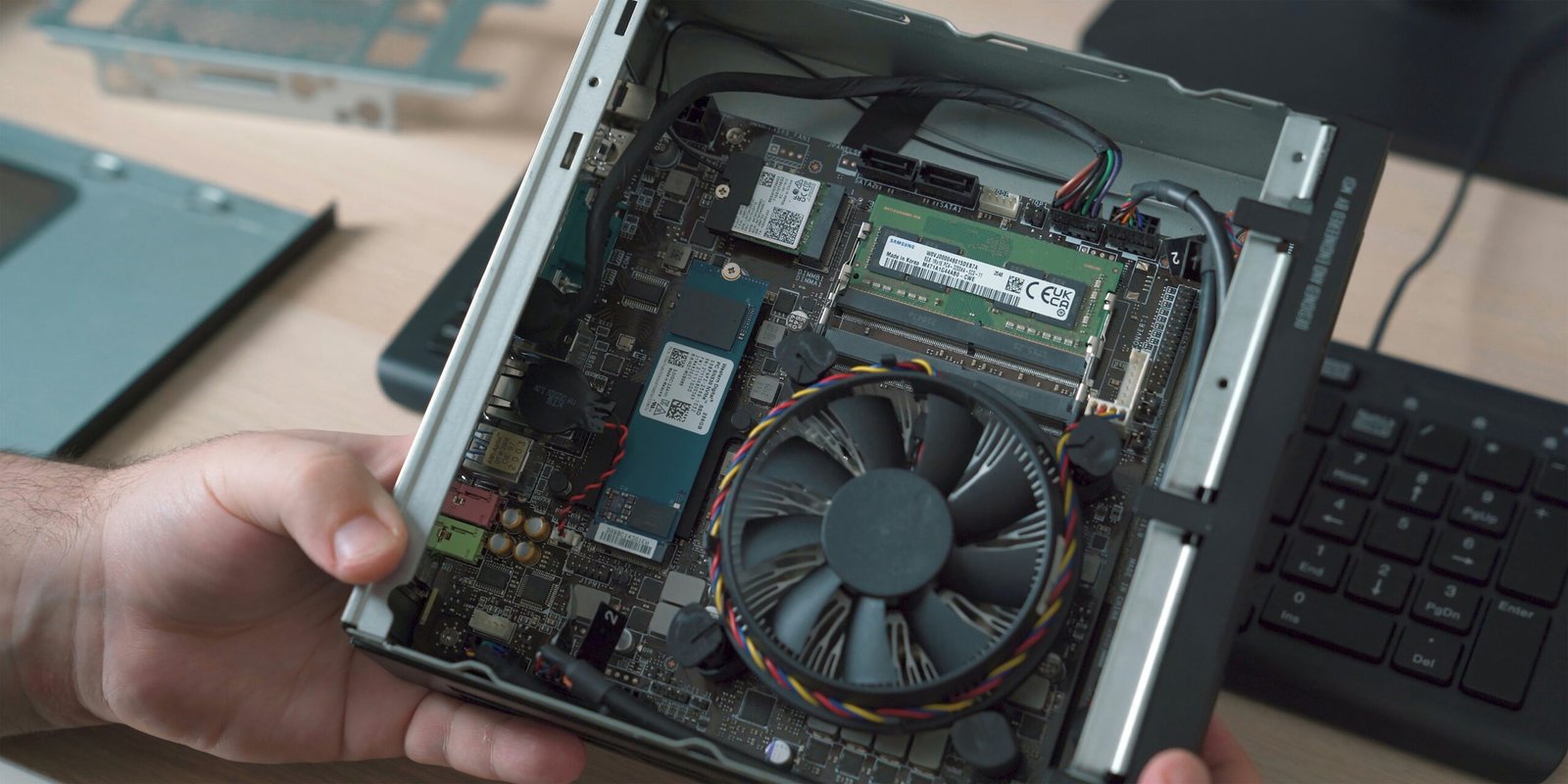Is a Mini PC Good for Gaming?
Introduction to Mini PCs and Gaming
Mini PCs, often referred to as compact personal computers, are small yet highly efficient computing devices. Their design focuses on reducing physical size without significantly compromising performance. Typically, these devices are encased in sleek, portable shells that can easily fit into tight spaces, making them a popular choice for those who prioritize space-saving solutions. While mini PCs are historically known for serving basic computing needs, such as browsing, streaming, and office work, their potential for gaming has garnered increasing interest.
Utilizing a mini PC for gaming comes with its unique set of benefits and limitations. One significant advantage is their compact nature, which allows gamers to easily transport their gaming setup or place it comfortably within a minimalist home environment. Additionally, advancements in hardware technology have enabled mini PCs to house powerful processors and graphics cards, making them capable of running many modern games smoothly.
However, there are also some inherent limitations when using mini PCs for gaming. For instance, the compact design can lead to constrained thermal management, making cooling a critical concern during intensive gaming sessions. This can sometimes result in throttling, where the system reduces performance to prevent overheating. Additionally, due to space constraints, mini PCs often offer limited upgrade options compared to traditional gaming desktops, making future-proofing a potential challenge.
When compared to traditional gaming desktops and laptops, mini PCs sit somewhere in between. Desktops offer unparalleled upgradeability and cooling but are often bulky and less portable. On the other hand, gaming laptops provide portability but can be pricier for similar performance levels. Mini PCs strive to balance these factors, providing a middle ground that caters to gamers seeking both performance and convenience in a compact form factor.
Performance and Hardware Specifications
When considering a mini PC for gaming, understanding the underlying hardware components is crucial. Mini PCs are typically equipped with a range of CPUs, from lower-end Intel Celeron processors to high-performance Intel Core i7 or AMD Ryzen 7 chips. The CPU’s capability is a significant determinant of the overall gaming performance, influencing everything from frame rates to load times. High-efficiency, multi-core processors are ideal, as they can handle the extensive processing demands of modern games.
Graphics Performance Units (GPUs) are another critical component in a gaming mini PC. While integrated GPUs like Intel UHD Graphics exist in many mini PCs, they are often insufficient for graphically intensive games. Hence, a mini PC with a dedicated GPU, such as NVIDIA’s GTX or RTX series, or AMD’s Radeon RX series, significantly enhances gaming performance, ensuring smoother gameplay and higher resolution settings. However, the compact size of mini PCs can impose limitations on cooling and power, which may affect the GPU’s performance and lifespan.
Random Access Memory (RAM) also plays a pivotal role in gaming. Mini PCs typically come with 8GB to 16GB of RAM, which is suitable for most contemporary games. However, some high-end games might benefit from a more substantial 32GB upgrade. Faster RAM speeds can also improve game loading times and overall system responsiveness.
Storage is another essential aspect. Mini PCs often come with SSDs (Solid State Drives), which offer faster read and write speeds compared to traditional HDDs (Hard Disk Drives). An SSD can significantly reduce game load times, enhancing the overall gaming experience. While SSDs are preferable, they can be more expensive, particularly in larger capacities, so a balance might be struck between speed and storage size.
Despite these capabilities, the compact form factor of mini PCs introduces certain limitations. Heat dissipation is a primary concern, given the confined space. Enhanced cooling solutions such as liquid cooling or advanced heat sinks can mitigate this, but they also add to the complexity and cost. Moreover, mini PCs might lack the expandability of traditional gaming rigs, often limiting future upgrades.
Benchmark tests and real-world performance comparisons show that mini PCs can indeed rival standard gaming rigs, particularly in mid and high-tier settings. However, they may fall short in ultra-high settings or VR gaming due to their inherent limitations. Overall, while mini PCs offer impressive gaming capabilities in a small package, careful consideration of hardware specifications is necessary to match performance expectations.
Gaming Experience on Mini PCs
When evaluating the gaming experience on mini PCs, several critical factors come into play. Firstly, frame rates and graphical fidelity are paramount for an immersive gaming session. Modern mini PCs, equipped with powerful CPUs and GPUs, often support high frame rates, ensuring smooth gameplay even in demanding titles. For instance, a mini PC with an Intel Core i7 and an NVIDIA GeForce RTX 3060 can handle popular AAA games at medium to high settings, consistently delivering frame rates above 60 FPS. This is crucial for titles where fluid motion is essential, such as first-person shooters or racing games.
Graphical fidelity is another aspect that greatly influences the gaming experience. While mini PCs typically won’t match the performance of high-end desktop rigs, they still offer impressive graphics capabilities. Many mini PCs support resolutions up to 4K, although running modern games at such high settings might necessitate reducing the graphical quality. However, for indie games or older titles, mini PCs can effortlessly render them with high graphical fidelity, ensuring an aesthetically pleasing experience with minimal compromises.
Beyond performance metrics, practical considerations significantly affect the overall gaming experience. Cooling and noise levels are two such factors. Due to their compact size, mini PCs often incorporate efficient cooling systems. Advanced thermal solutions, such as heat pipes and low-noise fans, are frequently employed to manage heat dissipation effectively, thereby ensuring that the hardware performs optimally without undue thermal throttling. Additionally, these cooling systems are designed to minimize noise, allowing gamers to enjoy their sessions without distracting fan noise.
Lastly, upgradability is an area where mini PCs exhibit both strengths and limitations. While some mini PCs offer modular designs that allow for upgrades to RAM, storage, and even GPU in certain models, others have more restrictive designs with non-upgradable components. Therefore, gamers should consider future-proofing when selecting a mini PC, opting for models that offer at least some degree of upgradability to ensure longevity.
“`html
Cost-Benefit Analysis and Practical Considerations
When assessing whether a mini PC is good for gaming, evaluating the cost-benefit ratio is essential. Mini PCs typically come with a lower initial cost compared to traditional gaming desktops. However, determining their value requires a comprehensive look at the overall price-performance ratio, inclusive of peripheral and upgrade expenses.
From a price standpoint, mini PCs offer a budget-friendly entry point, often costing a few hundred dollars less than a comparable full-sized gaming rig. This cost-saving is significant for casual gamers or those who prioritize portability. However, the performance metrics of mini PCs can vary widely. High-end mini PCs that can rival traditional gaming setups in terms of performance come at a steep price, diminishing the initial cost advantage.
Hidden costs are another consideration. Unlike traditional gaming desktops, which often include integrated peripherals like Wi-Fi modules and advanced cooling systems, mini PCs might require additional purchases. Gamers should factor in the necessity of buying external components such as a wireless adapter, keyboard, mouse, monitor, and sometimes an external GPU to enhance graphics performance. These add-ons can quickly elevate the total expenditure.
On the practical side, mini PCs excel in portability and space efficiency. For gamers with limited space or those frequently on the move, the compact design of a mini PC is a considerable benefit. Small form factors allow these devices to be easily transported and set up in various locations. For users engaged in activities beyond gaming, such as content creation or office work, the versatility of a mini PC can justify the investment, offering a multi-use device that efficiently handles a range of tasks.
In conclusion, while mini PCs present a compelling case with their affordability and practicality, their value hinges on the user’s specific needs and gaming requirements. For those prioritizing space savings and portability over raw performance, a mini PC can indeed be a worthwhile investment. However, careful consideration of the potential additional costs and specific performance needs is crucial to making an informed decision.
“`

